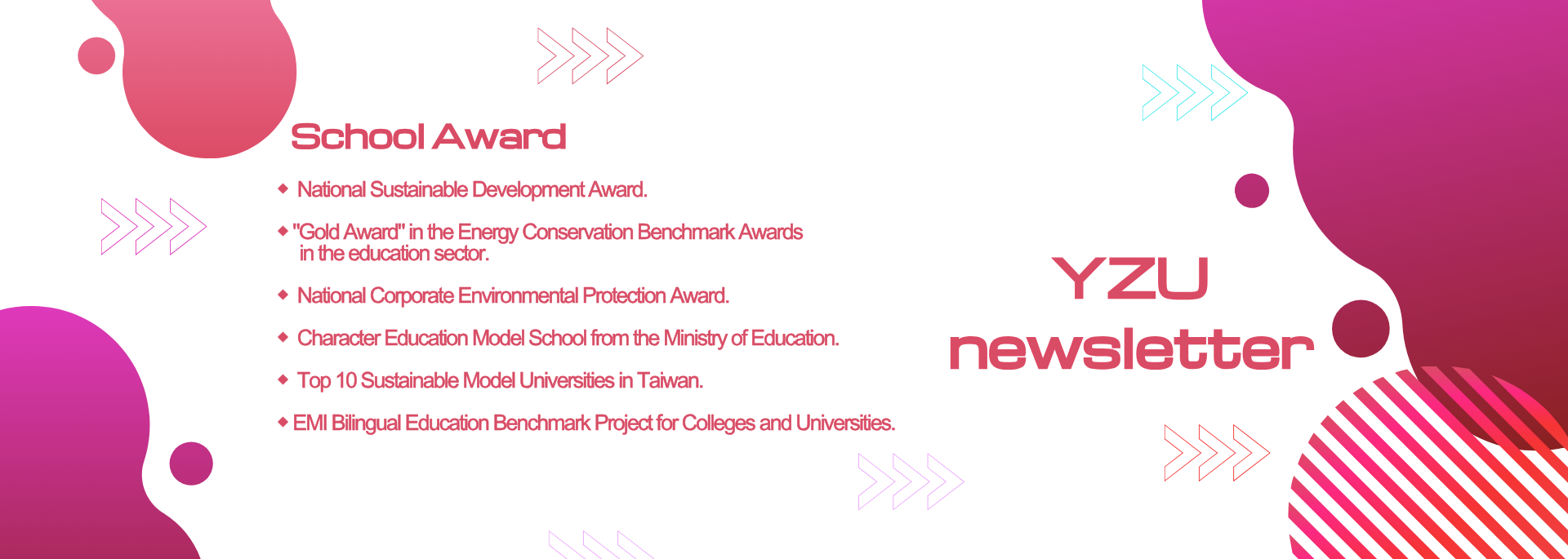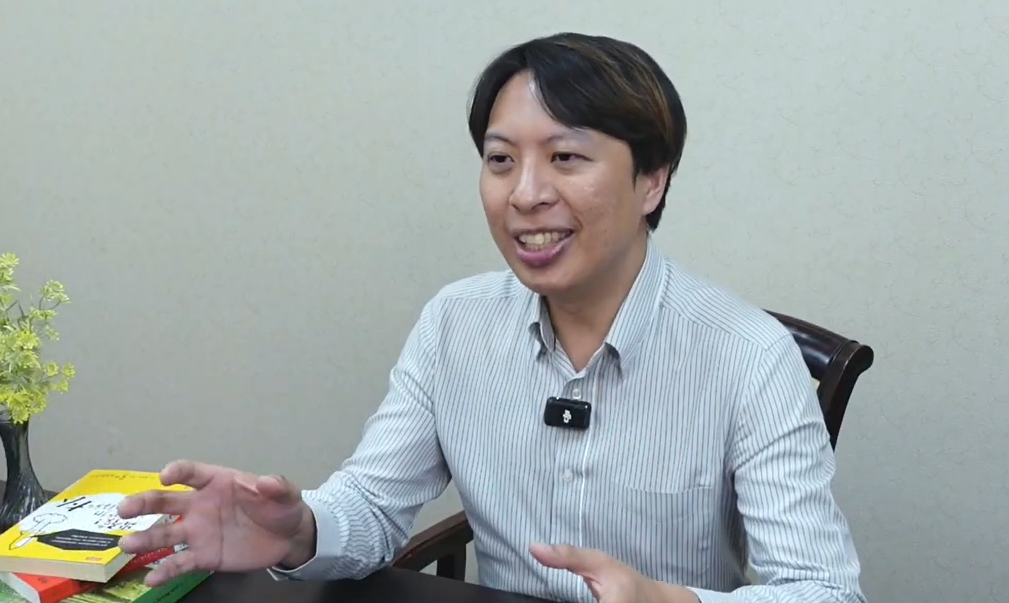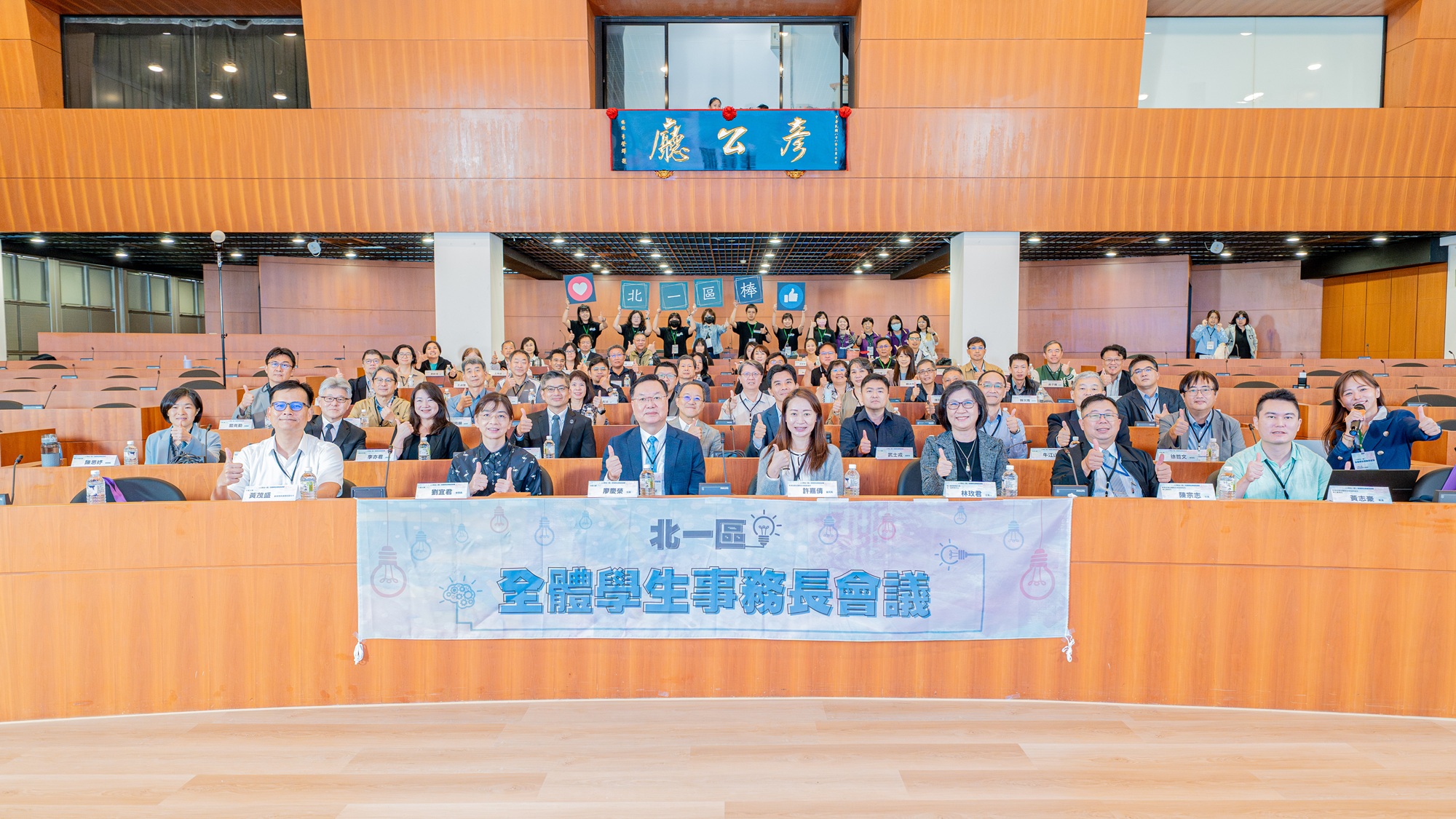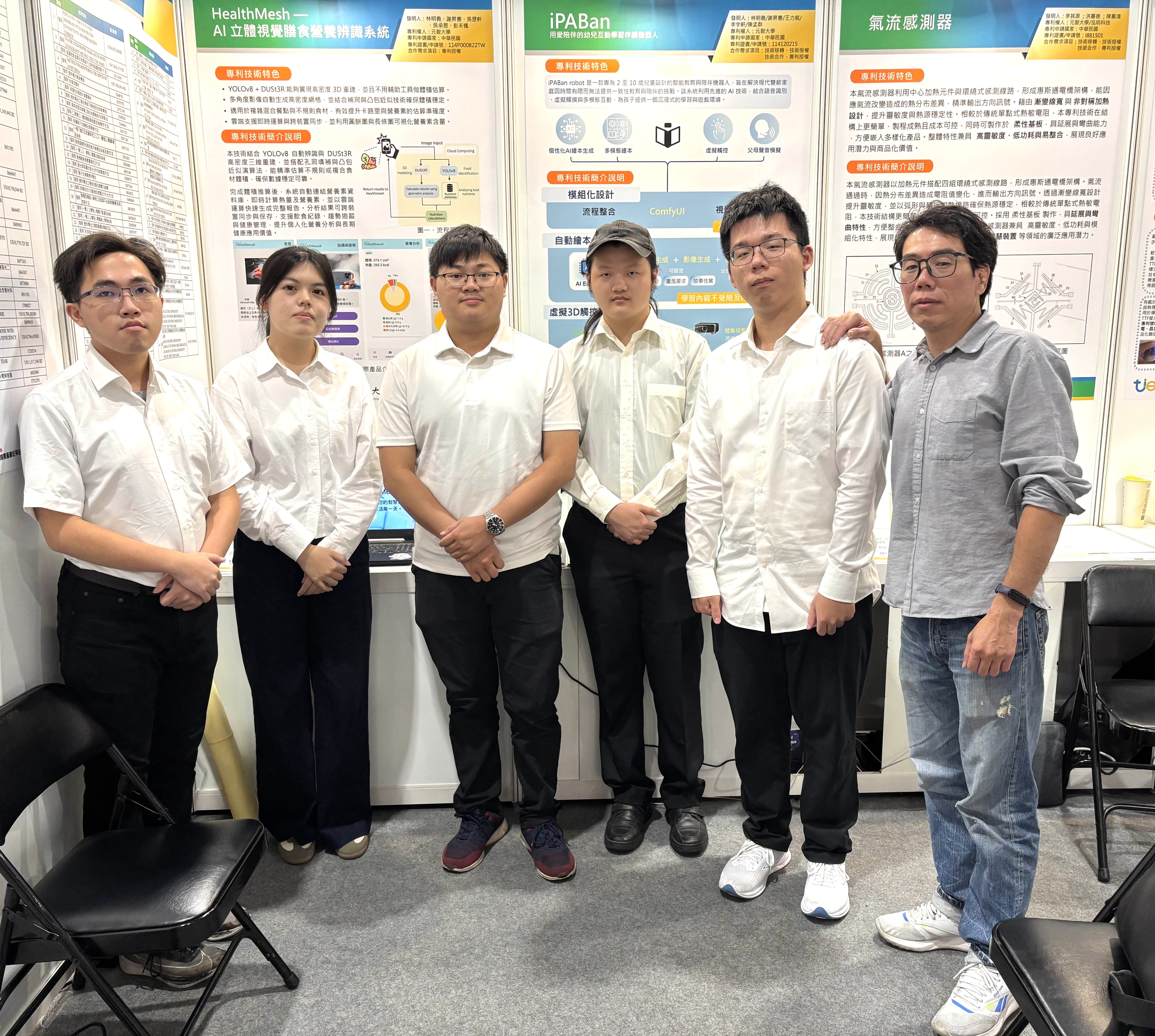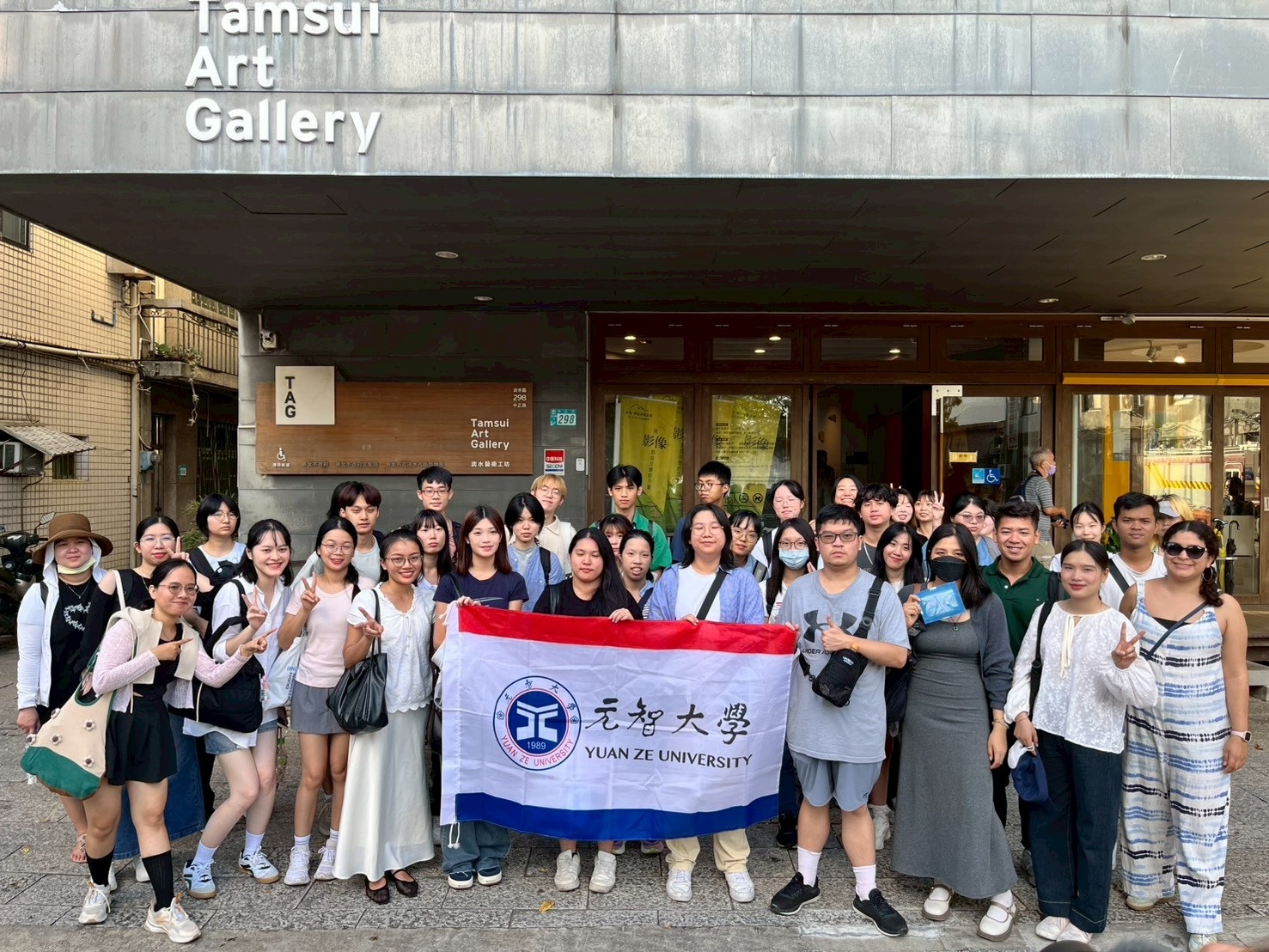As Taiwan transitions into an aging society, the “Golden Generation” has become a significant force in social development. To encourage middle-aged and senior adults to stay active and maintain physical and mental well-being, the School of Lifelong Education at Yuan Ze University, together with the Han-Ru Cultural and Educational Foundation and the Hua-Ru Youth Care Foundation, organized the Han-Ru Academy “YZU Classics & Culture Lecture Series.”
The event invited Yu-Lin Hsueh, a contracted lecturer with Wei-Jun Management Consulting, to share how people could incorporate simple physical activities into daily routines—whether at work or at home—helping participants initiate a healthier lifestyle from the body, mind, and interpersonal relationships.
Yu-Lin Hsueh specialized in gamified course design and interactive teaching. Through pre-class scenario activities, hands-on practice during the class, and post-class behavior coaching, he often used lively and engaging methods to help participants learn health tips through both laughter and exercise. Hsueh pointed out that with the growing prevalence of AI and technology, people have become increasingly dependent on smartphones and computers. Combined with sedentary lifestyles, problems such as stiff shoulders and neck, spinal rigidity, weak gluteal muscles, and poor blood circulation have become common modern-day concerns. These “modern illnesses” not only affected physical health but also reduced vitality in daily life.
“Our bodies needed to be activated every day!” Hsueh emphasized. Exercise did not need to be intense—what mattered most was consistency. Just 30 minutes of daily physical activity could protect the heart, support weight control, reduce stress, lift one’s mood, and improve memory. He encouraged participants to integrate movement into everyday life, such as performing plank crunches to strengthen core muscles, squats to train lower-body strength, and thread-the-needle stretches or open-book stretches to relax the spine and shoulders. These exercises required no equipment and could be done anywhere at home, making fitness simpler and more accessible.
Beyond “moving the body,” Hsueh also introduced three additional concepts: “move the brain, move relationships, and move the heart,” highlighting the holistic meaning of health for the Golden Generation.
First, “moving the brain” helped slow aging and stimulate cognitive vitality. Continuous learning kept brain cells active and inspired creativity. He encouraged everyone to learn new things—reading, puzzles, cooking, or exploring new technologies. “Give yourself a small challenge every day,” he said. This strengthened cognitive abilities and made life more enjoyable. “Lifelong learning” was absolutely the right philosophy.
In terms of social interaction, “moving relationships” was a key source of happiness. Sharing joy and supporting one another were among the most precious sources of fulfillment in the Golden Generation. Hsueh used the example of the Thousand-Age Senior Choir, explaining that group activities not only helped foster a sense of belonging but also made everyday life more meaningful. Moments of shared success within a group were some of life’s most beautiful experiences.
Hsueh also shared the importance of “moving the heart,” noting that happiness stemmed from gratitude and giving. He recommended the “Gratitude Journal” practice—writing down three things to be thankful for every day. Whether it was enjoying a warm bowl of soybean milk in the morning or receiving a kind greeting from a friend, such small blessings could brighten one’s entire day. When people learned to be grateful, they would notice more beauty in everyday life. Hsueh emphasized, “Happiness does not come from how much you have, but from how much you appreciate.”
In closing, Yu-Lin Hsueh encouraged everyone by saying, “The greatest distance is not between knowing and not knowing, but between knowing and not doing. Move your body, and your life will shine!” He added that health required more than physical activity—positive thinking and regular mindfulness were equally essential.
This lecture not only helped the Golden Generation understand the importance of exercise and mental wellness but also reminded everyone that only through active living, continuous learning, and a grateful heart could one enjoy a healthy, confident, and fulfilling life in the second half of life.
The School of Lifelong Education at Yuan Ze University continued to promote the “YZU Online Learning Platform” (https://e.lifelong.yzu.edu.tw/). More courses were available for registered members. For assistance, participants can contact LINE customer service at @yzu_learn or call 03-4638800 ext. 2490 to request the latest free online course schedule.
 English
English  正體中文
正體中文 